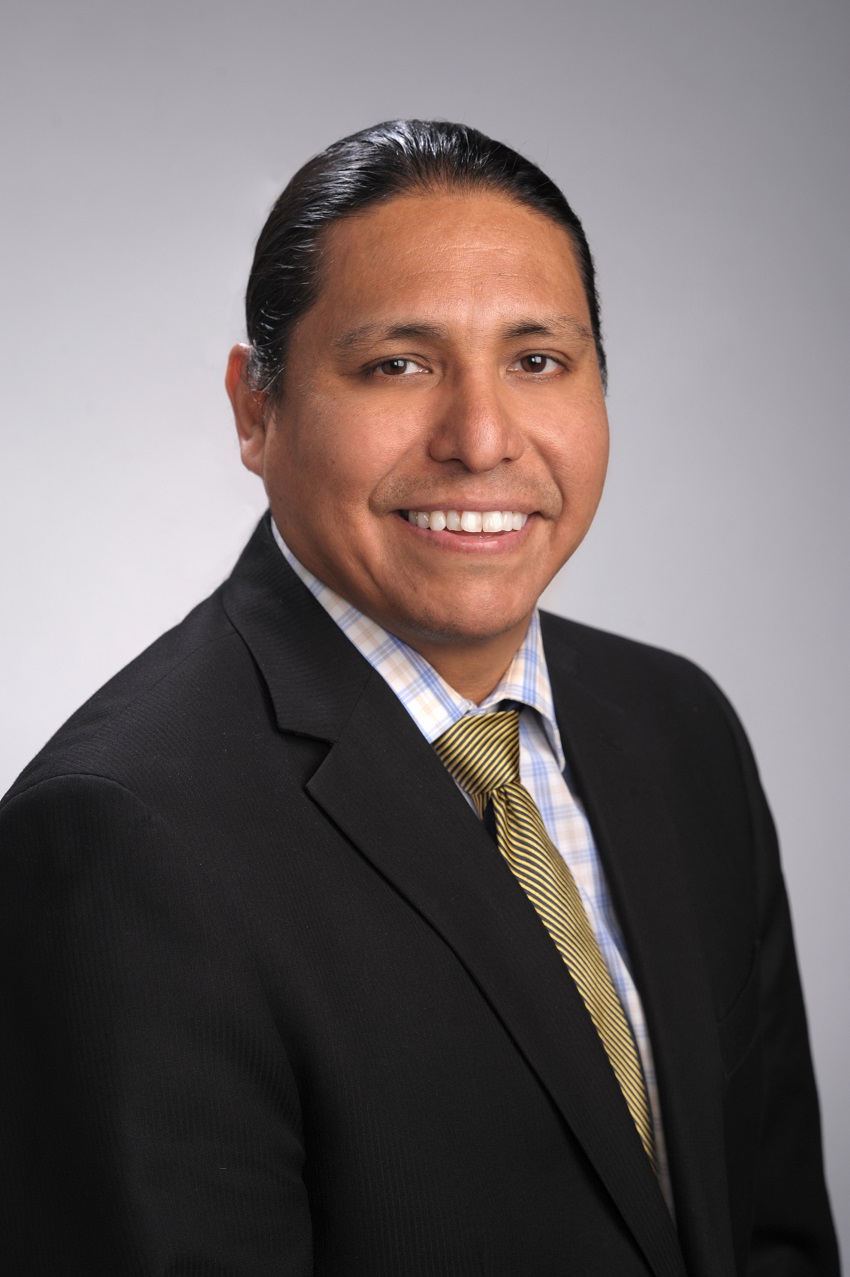New Members Named to the Provost’s Faculty Salary Advisory Committee
Vice Provost for Faculty Affairs Jamie Winders today announced members of the 2025-26 Provost’s Faculty Salary Advisory Committee (PFSAC). The University-level group was established to provide the provost with guidance on full-time faculty salary appeals. The members for academic year…


